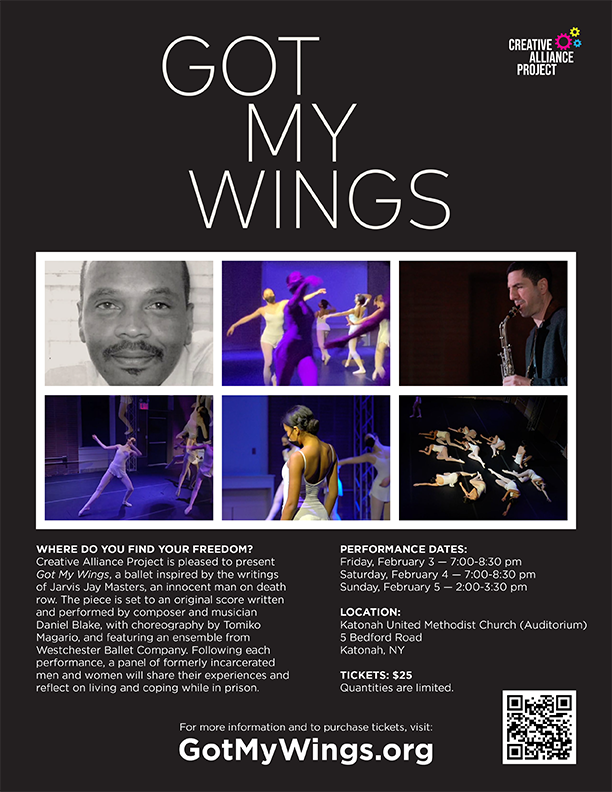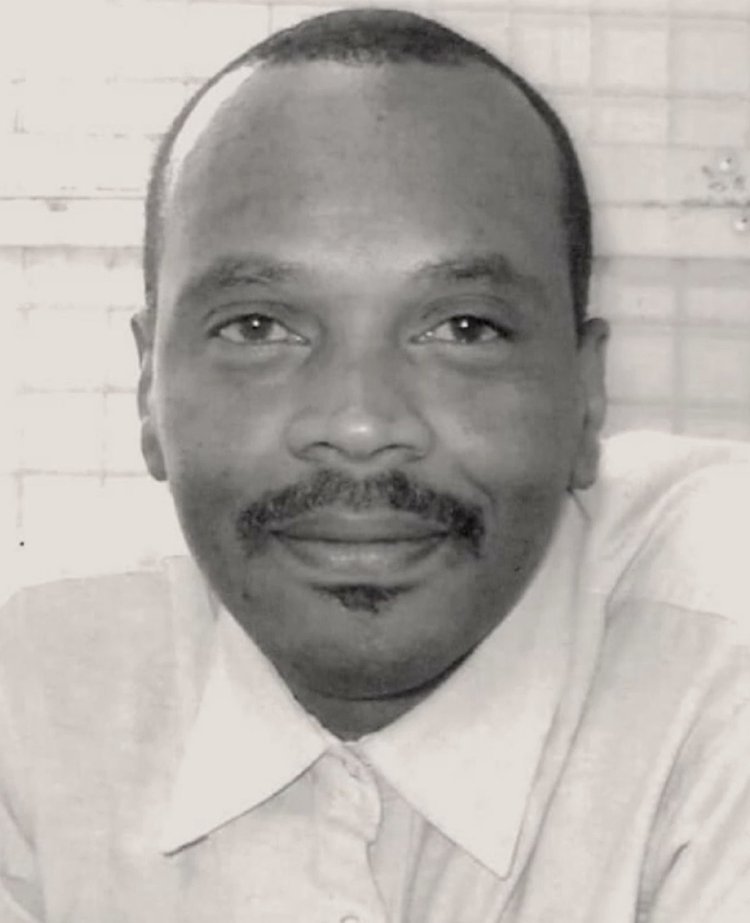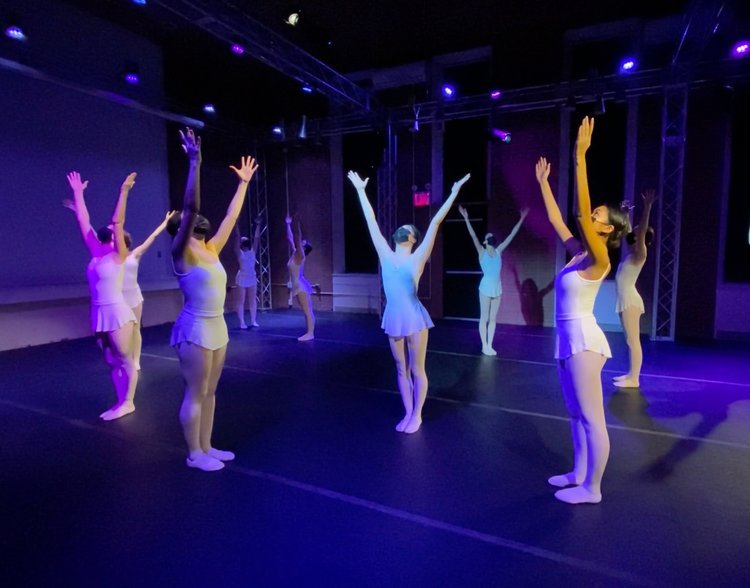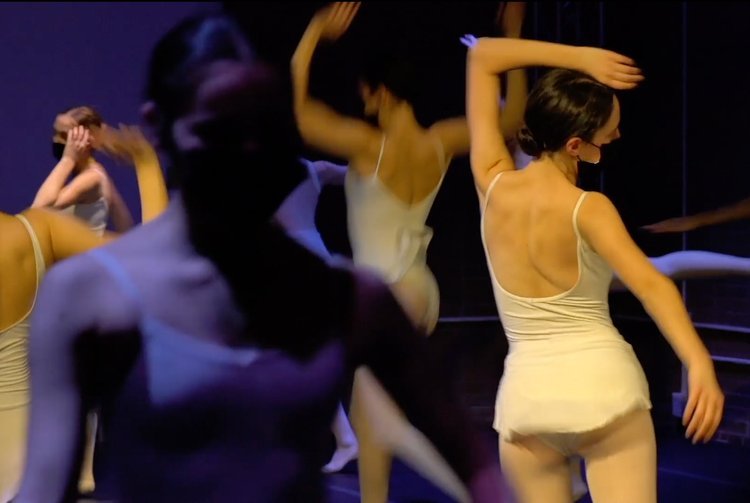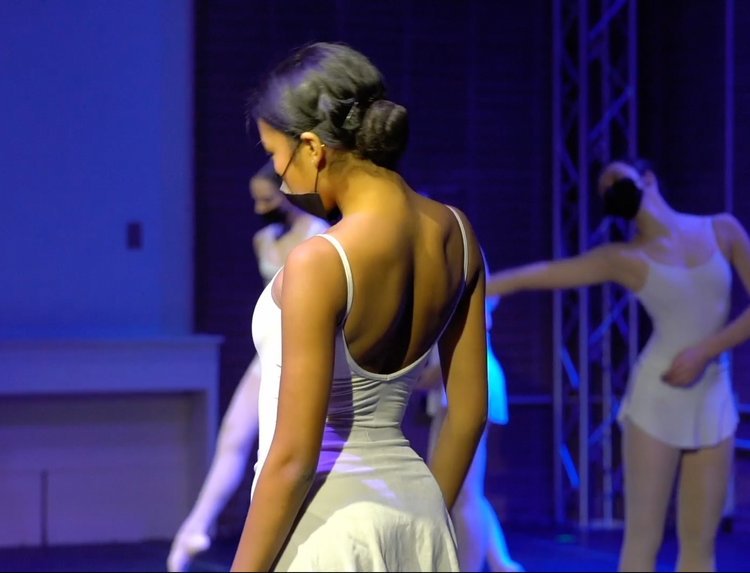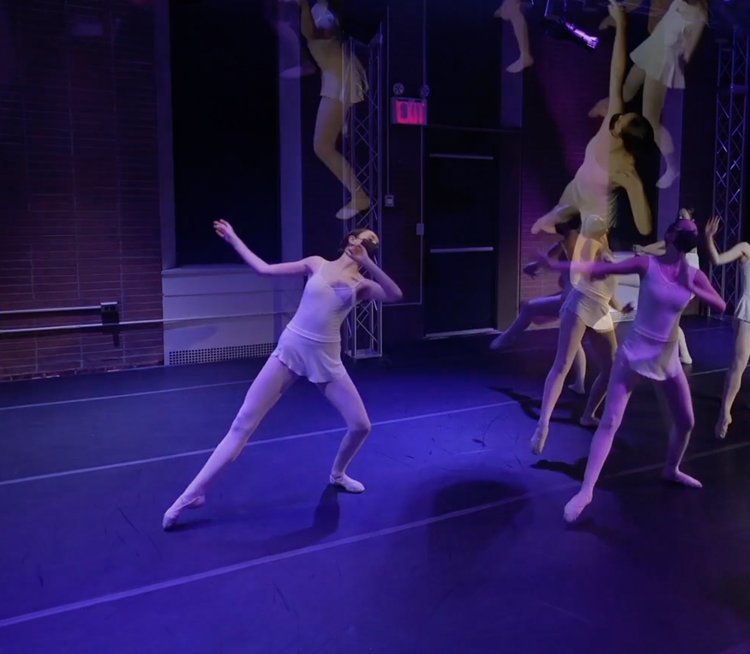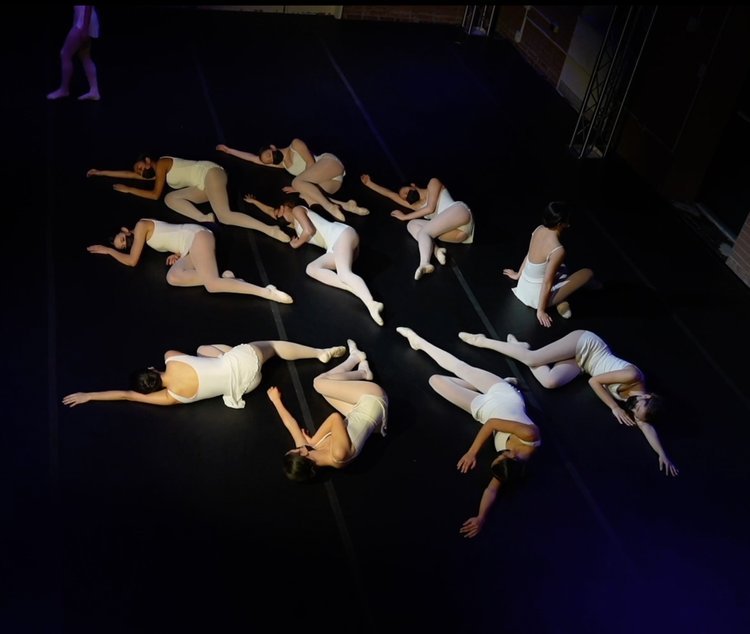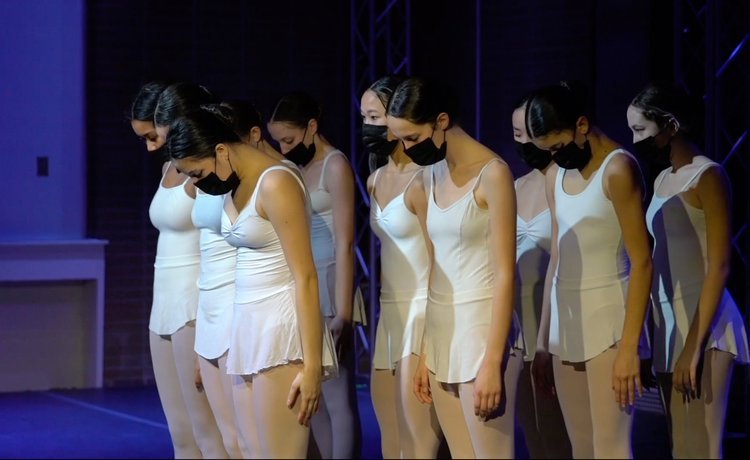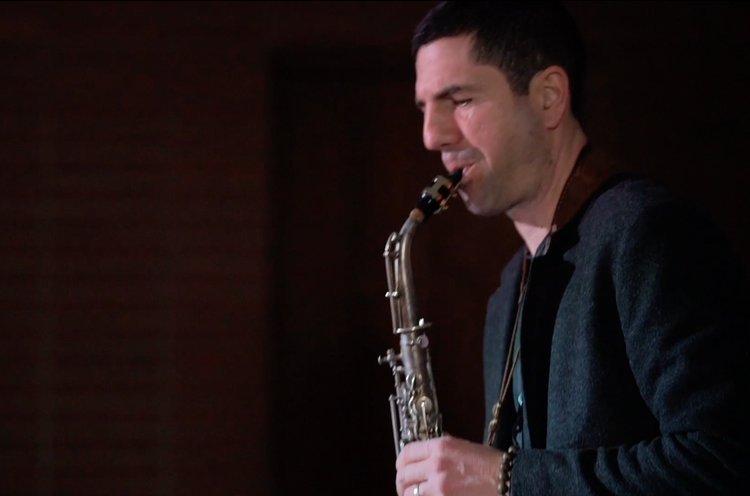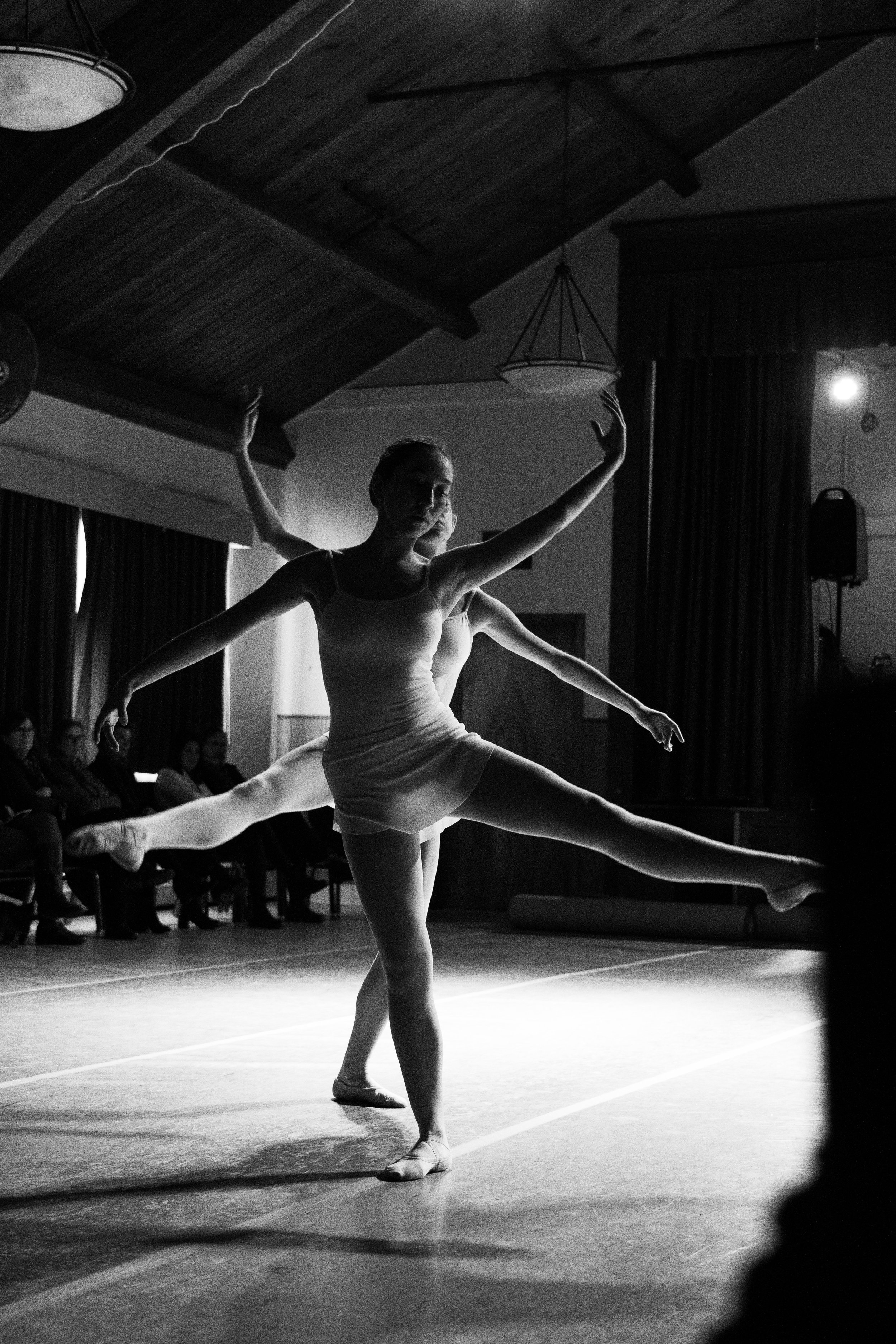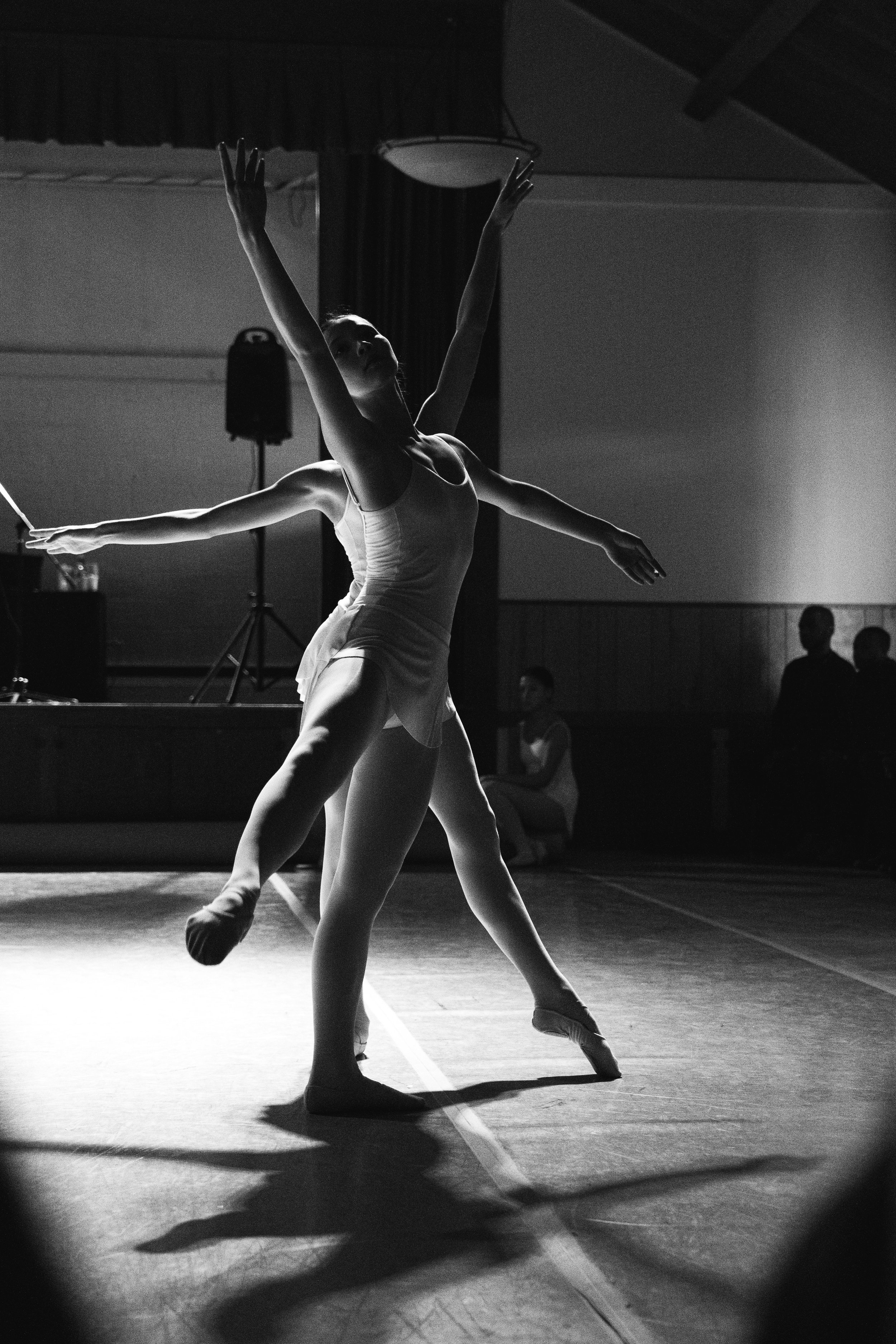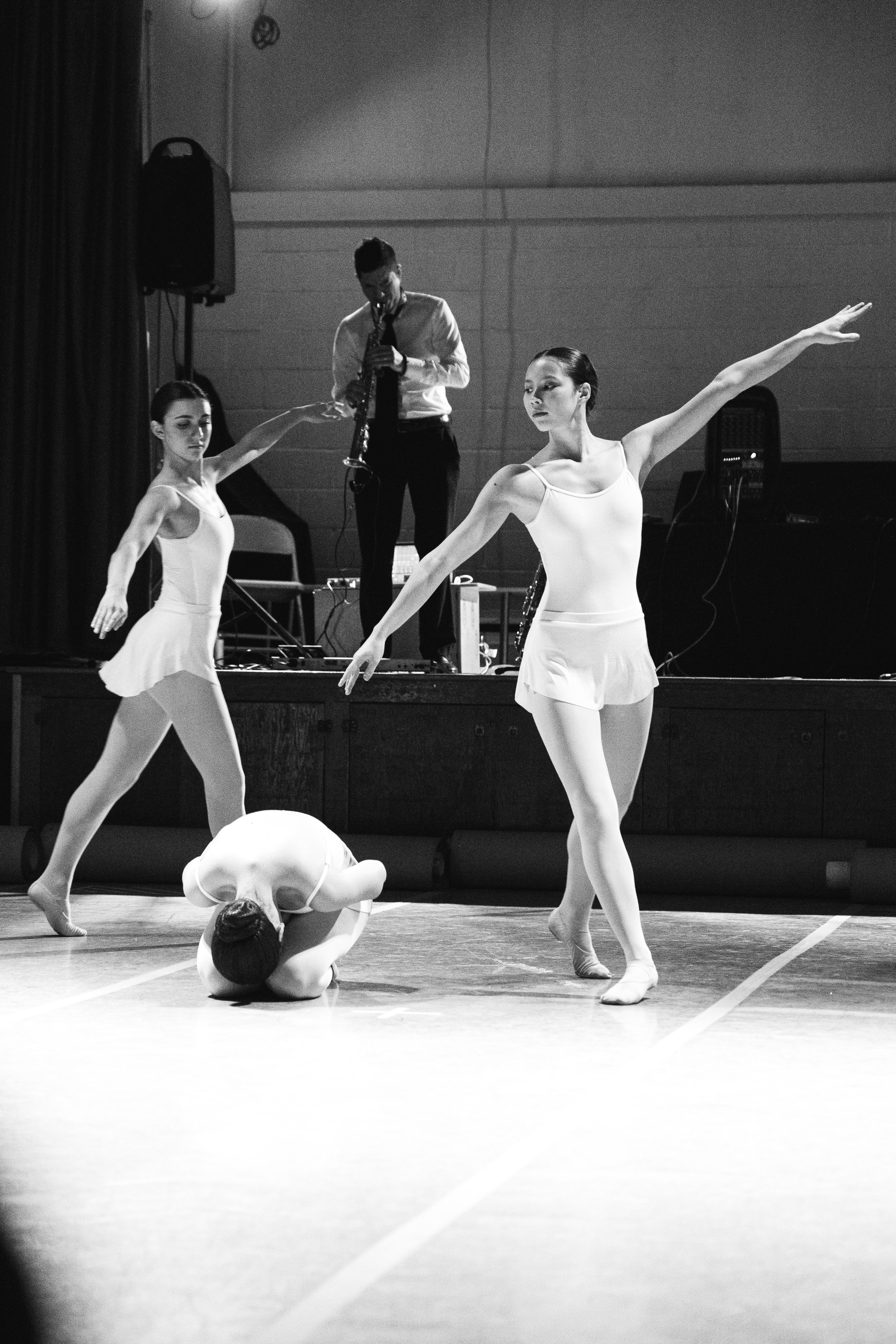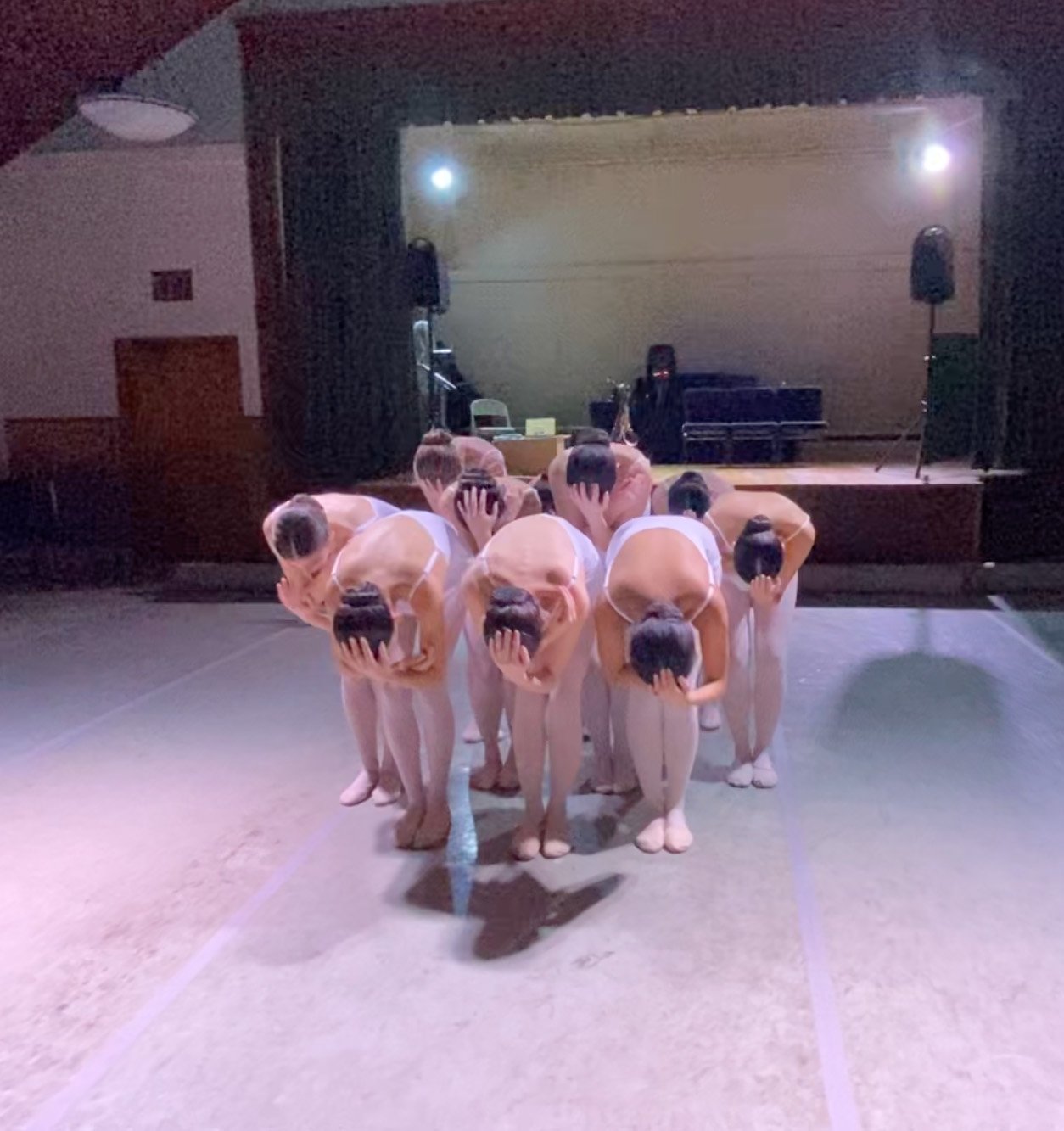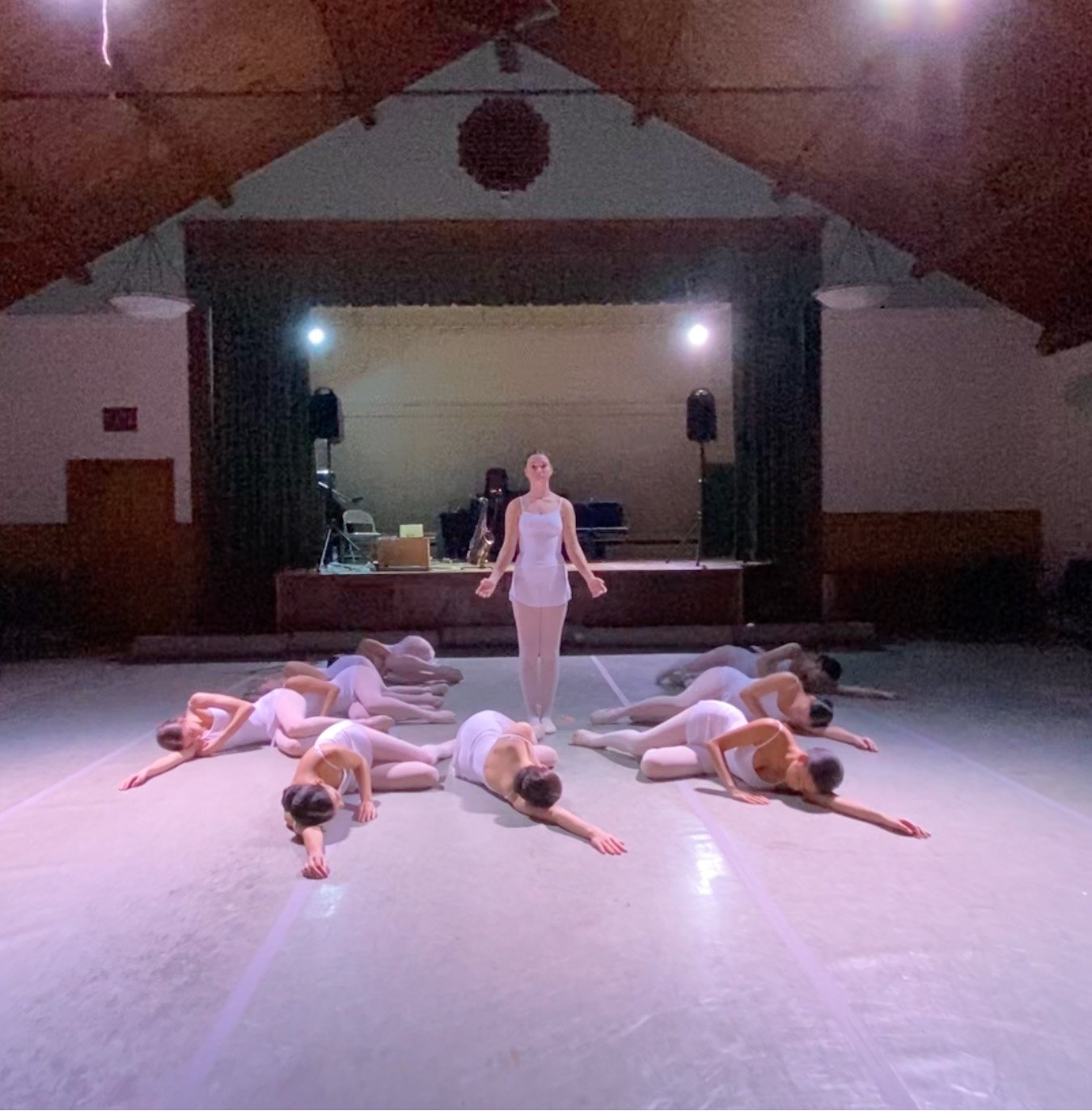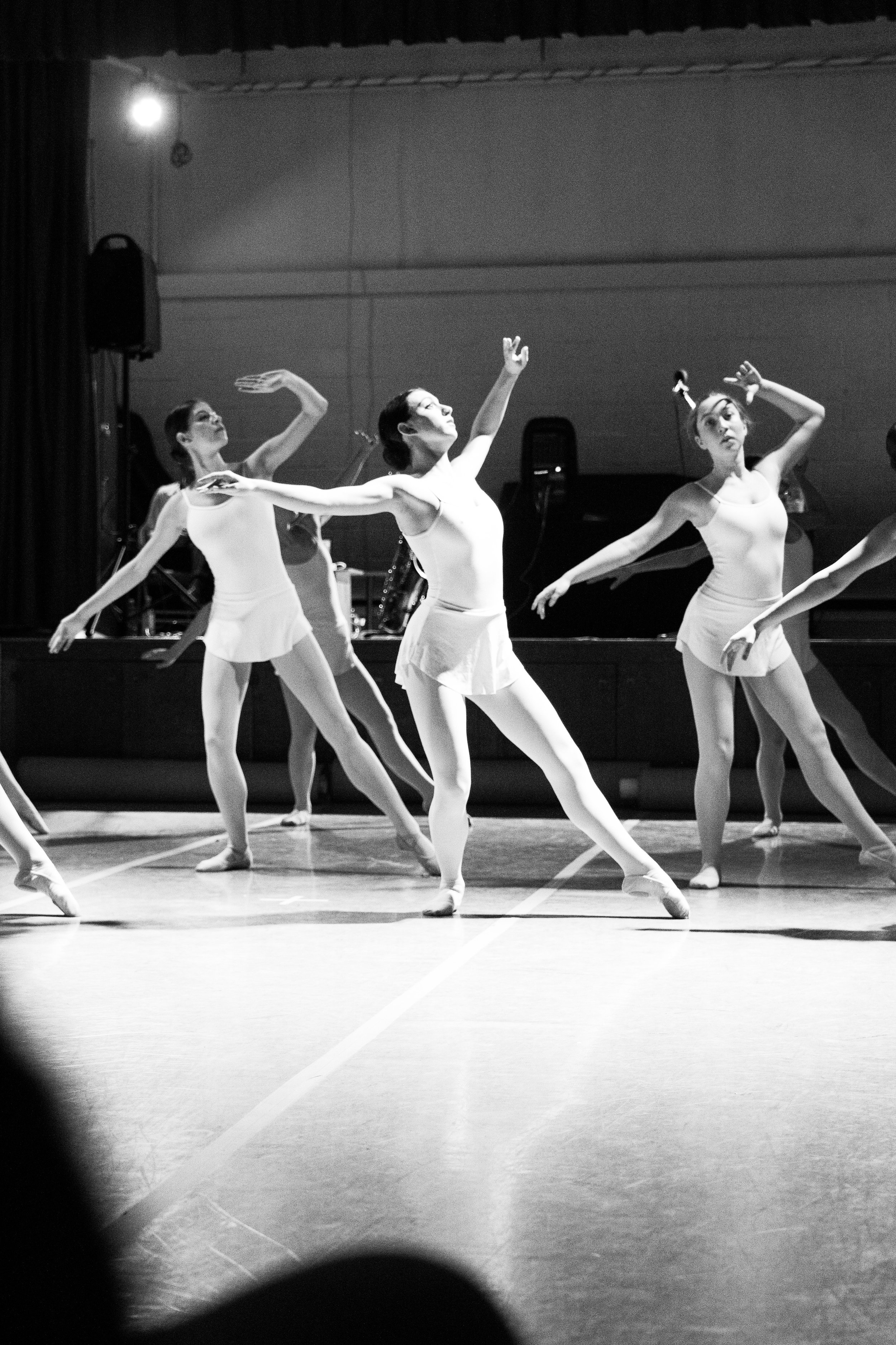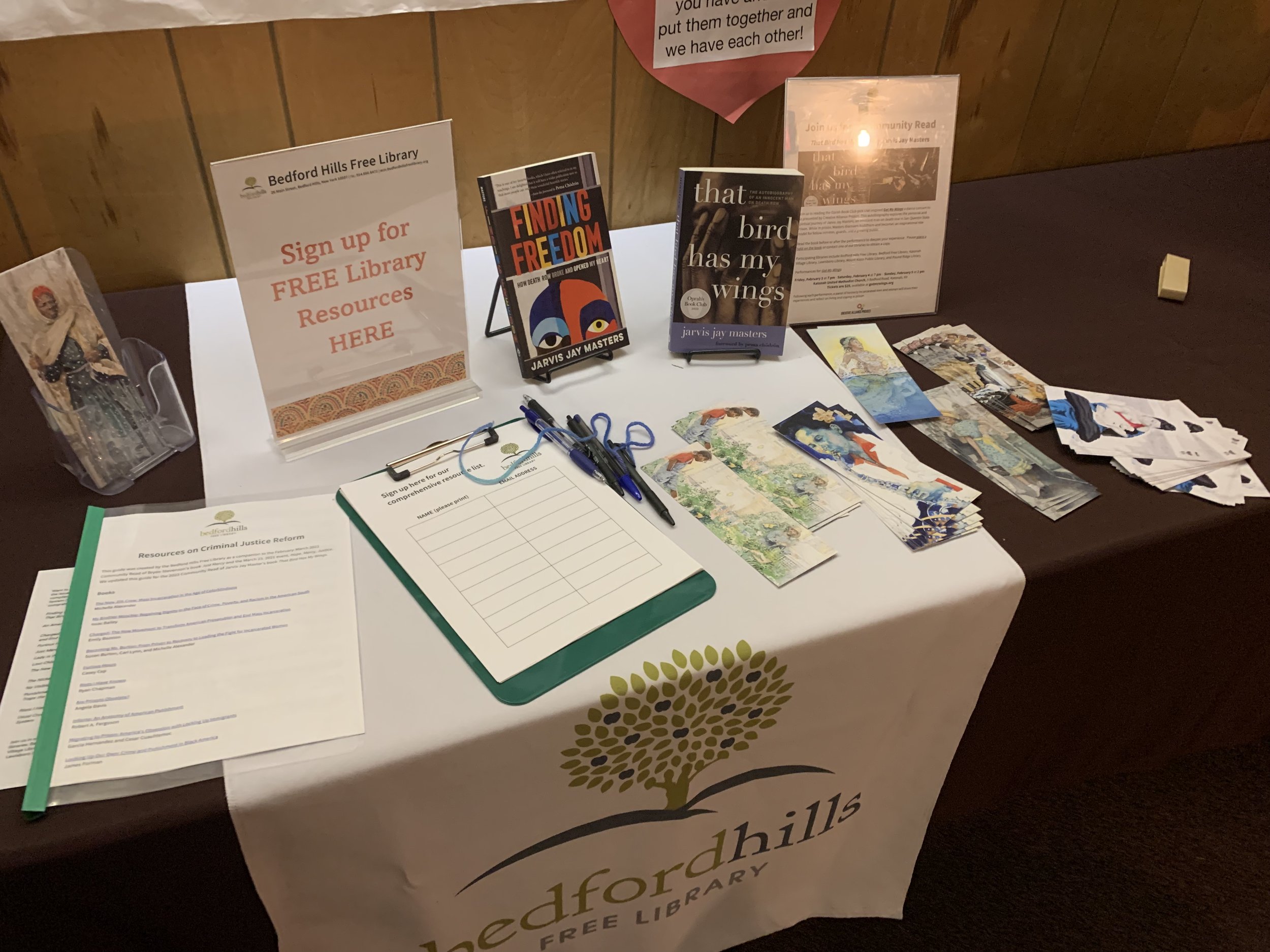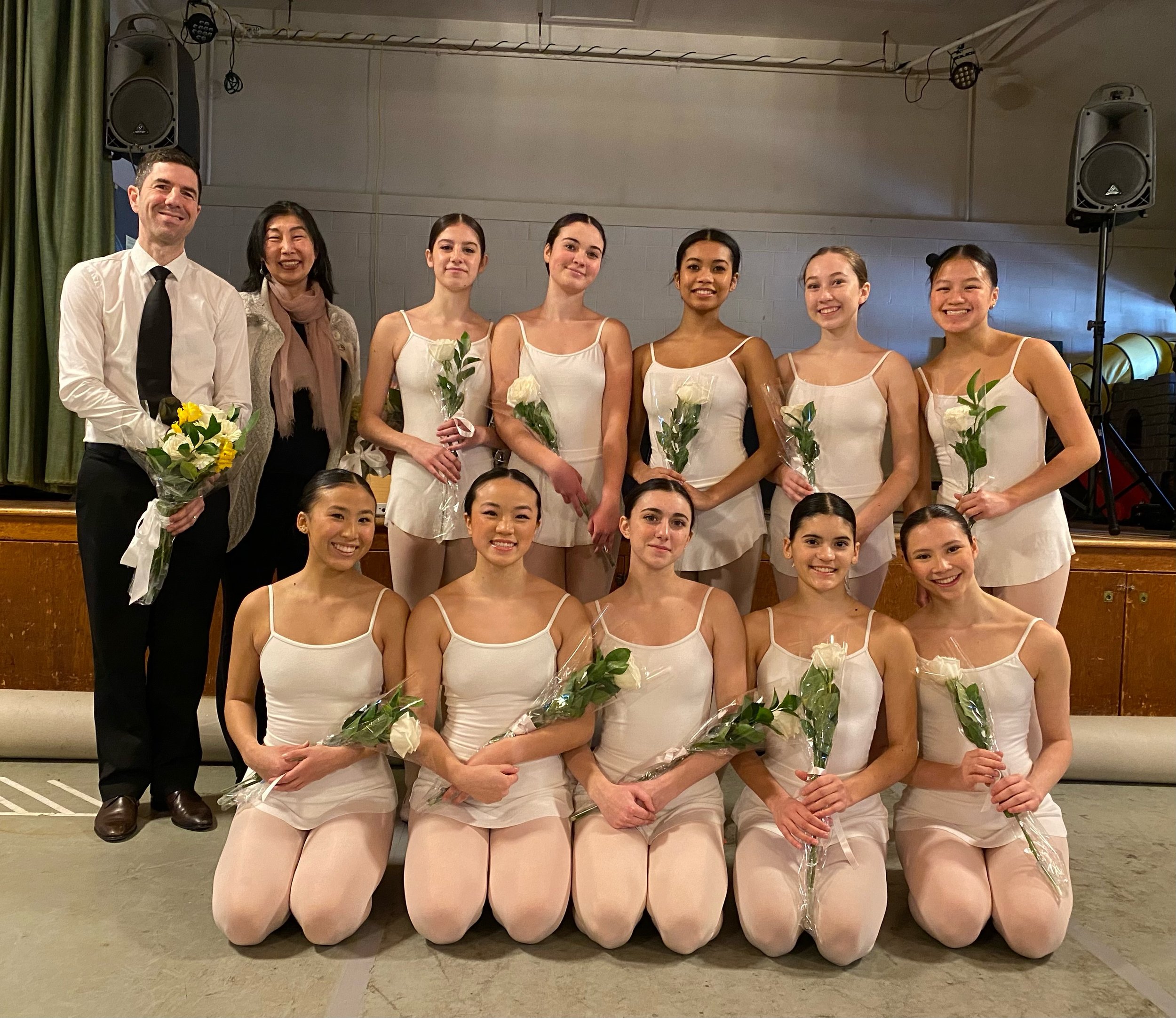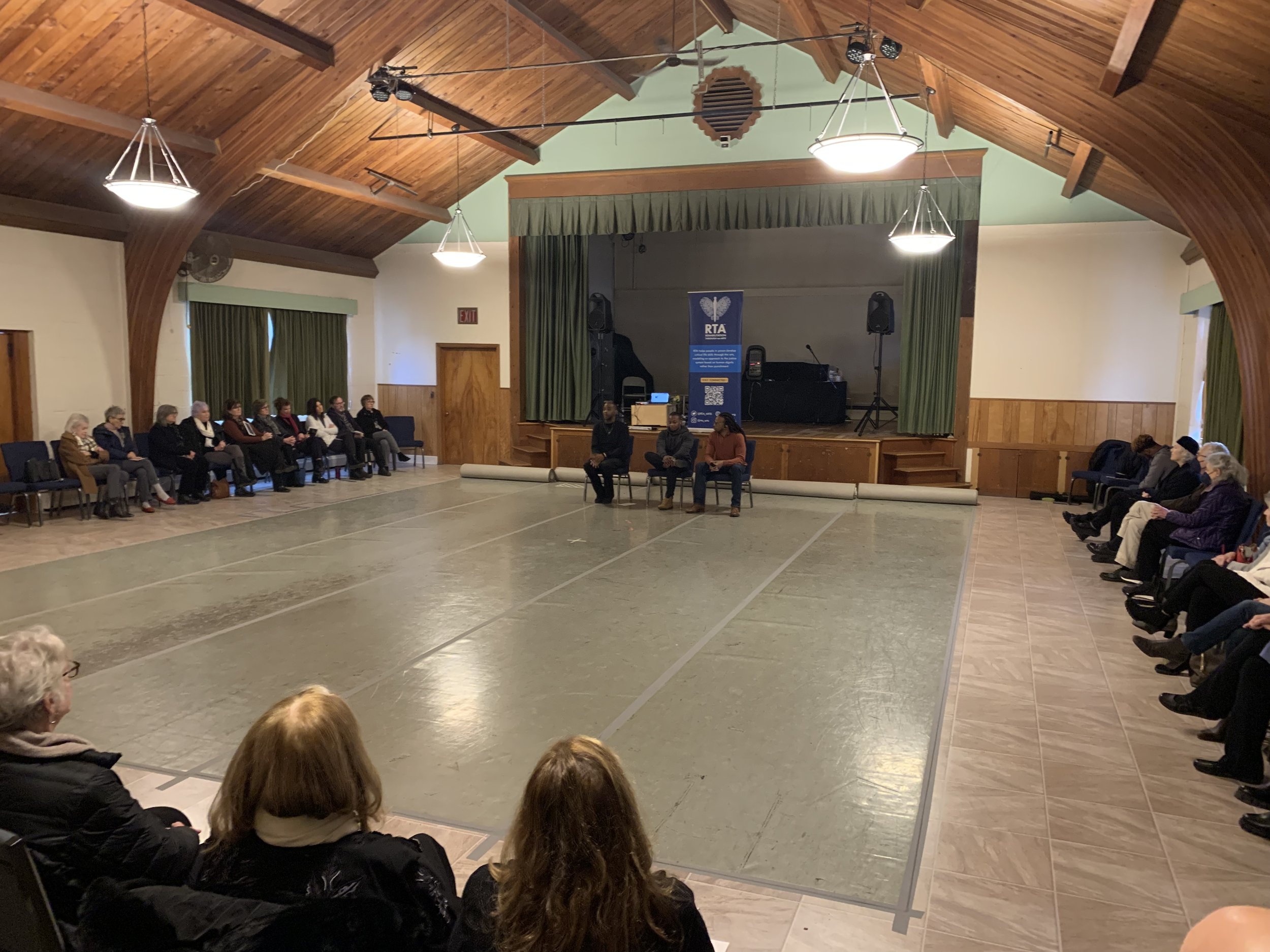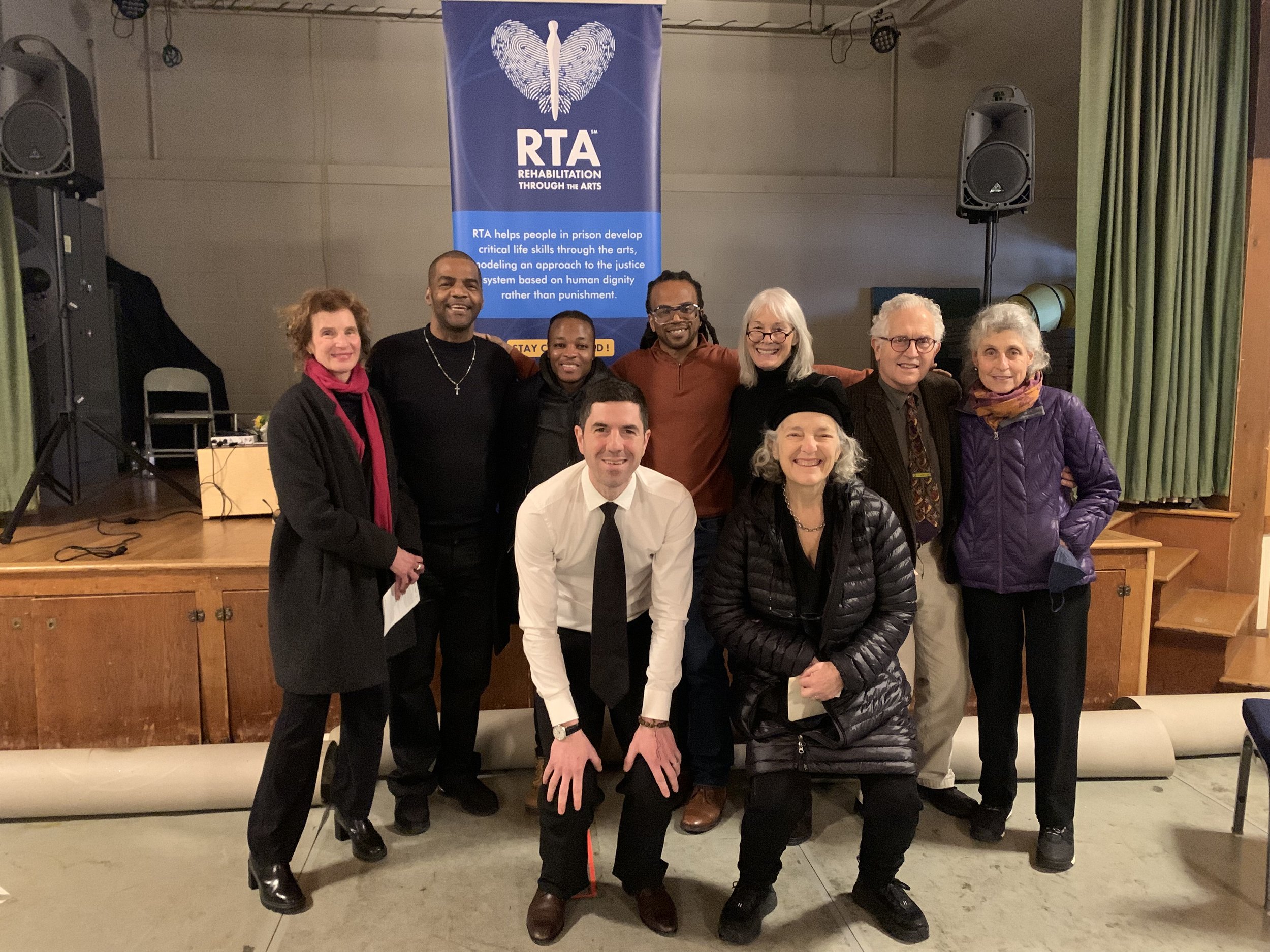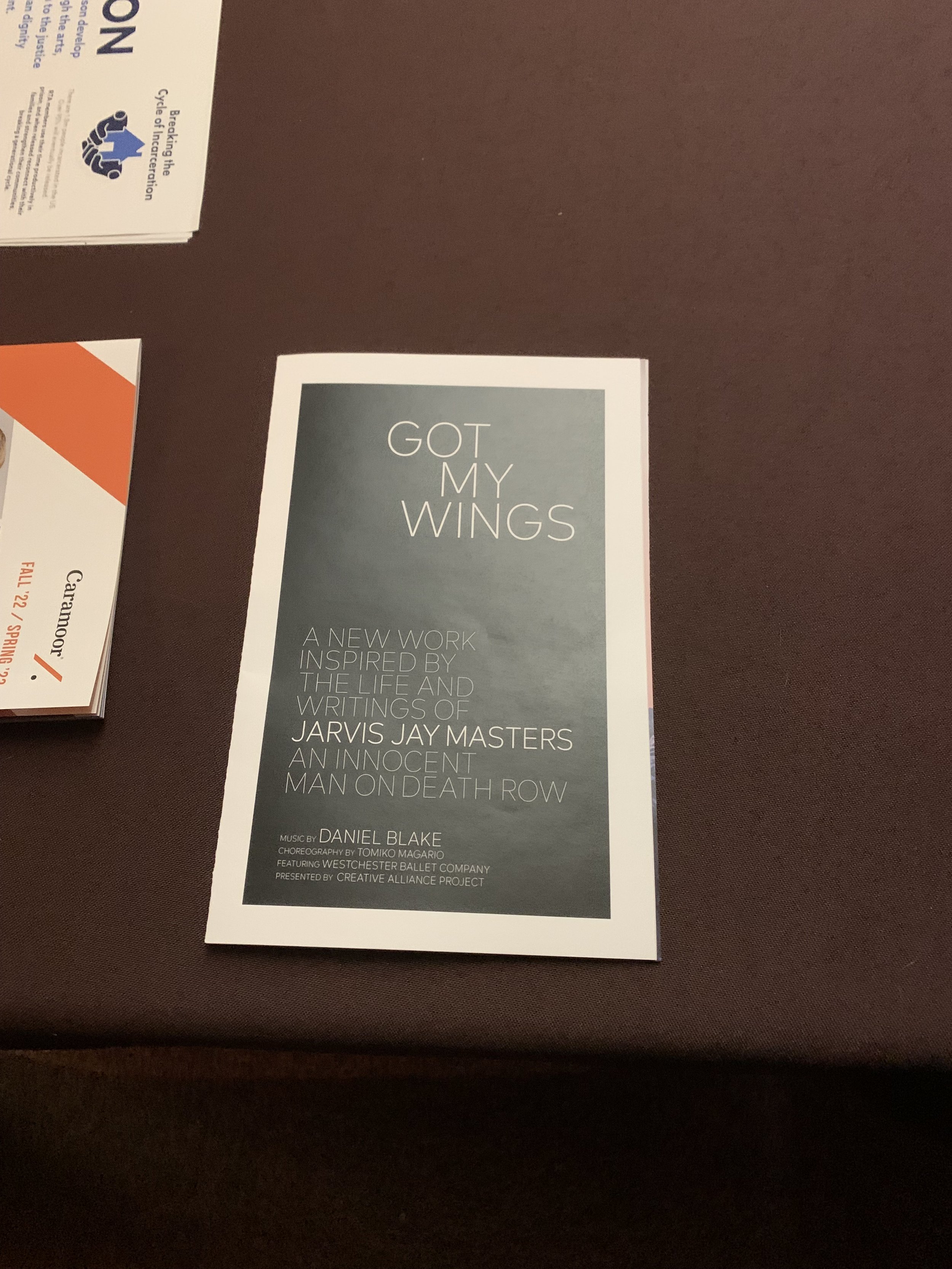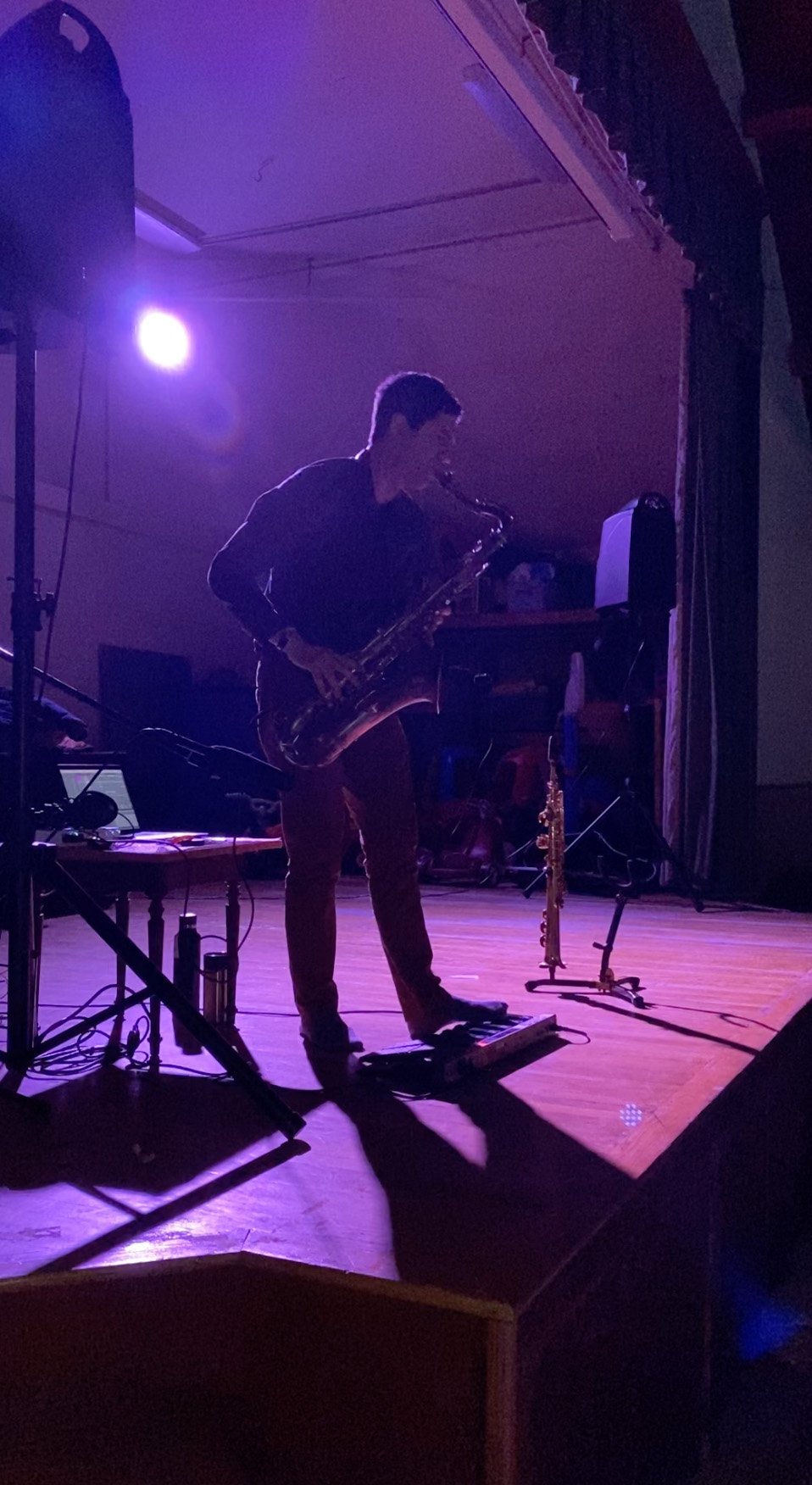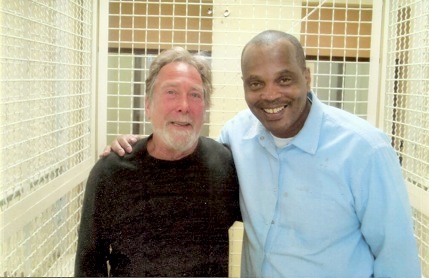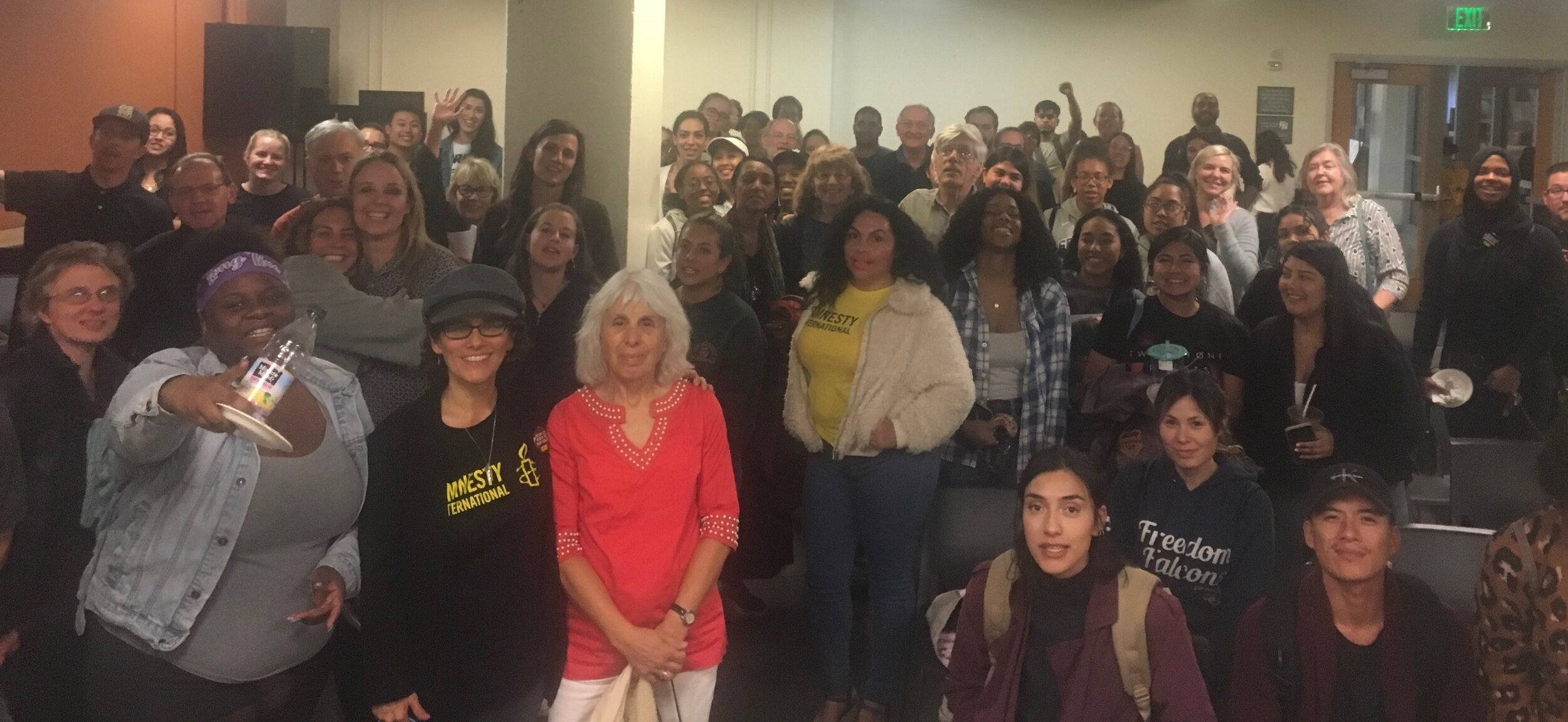in the PERFORMING arts
Jarvis’ story and writing has been the inspiration for original creative works by artists around the world. His collaboration with the Creative Alliance Project on a new dance performance, Got My Wings, is a response piece in support of prison reform advocacy.
Got My Wings is inspired by Jarvis’ writings and reflects on the nature of freedom. The project focuses on how creative art, education, and spiritual mentorship can make a pivotal difference in the lives of incarcerated people.
The show debuted at the Bethany Arts Community in Ossining, New York in January 2022, and was held again in Katonah, New York in February 2023. Following each performance, a panel of formerly incarcerated men and women shared their experiences and reflected on living and coping while in prison. Two subsequent grants from Humanities New York and Arts Westchester will support educational workshops for high school students throughout Northern Westchester, New York, in Fall 2023.
The piece is set to an original score written and performed by jazz composer and musician Daniel Blake, with choreography by Tomiko Magario, and features an ensemble from Westchester Ballet Company.
For additional context on how dance artists are addressing the U.S. prison system in their work both onstage and on the inside, refer to this recent article in Dance Magazine.
“Jarvis Jay Masters has inspired me beyond what words can describe. He has illuminated for the world a freedom that cannot be taken away, nor can it be confined to a prison cell.”
IN MUSIC
Canadian folk singer Rob Lutes, inspired by Jarvis’ life story, wrote the song “That Bird Has My Wings,” featured in his album Come Around (2021), which was nominated for four 2022 Canadian Folk Music Awards.
collaboration with youth
Jarvis is particularly passionate about working with young people and has collaborated with the Truthworker Theater Company on many of their efforts to propel the next generation of visionary performers.
The Truthworker Theatre Company is a social justice based hip-hop theatre company for high school and college aged youth in Brooklyn, NY. They provide free programming, rigorous training, and professional stipends to young visionaries and performers.
Truthworker is a safe space for young people to be the subjects, not the objects of their stories–narrating their own experiences and unique perspectives in ways that unpack and shift the dominant, often stereotypical narratives found in mainstream media. Using theatre and media to examine history and learn about models for creating social change, they call upon language and critical thinking skills as tools to develop solution-driven citizens of the world.
From Clenched Fists to Compassion traces the triangulation of healing that emerged through a collaboration between Truthworker Theatre Company, Director Samara Gaev, and Jarvis Jay Masters.
A dozen young visionaries directly impacted by mass incarceration, a survivor of a violent crime whose perpetrator is spending multiple lifetimes in prison, and a death row inmate whose capacity for liberation within the walls of confinement is astounding, grow closer to themselves, their healing, their purpose, and compassion as they strive to interrupt and transform the criminalizing and violent systems that permeate their communities.
in sangha
Here are just a few of many quotes from Buddhist teachers who have been inspired by Jarvis, his story, and his writing.
“Jarvis is an easy man to respect and an easy man to love. What I learn from him all the time is what it really means to keep one’s vows of not harming and of helping other people in whatever ways one can. I always think, ‘If Jarvis can do it in those most challenging and difficult situations, I can do it too.’ It is a continual aspiration from my heart that Jarvis Masters not be killed and that I have the pleasure of knowing him as a free man; a free man who I know will benefit all the people he encounters.”

“This [biography of Jarvis] shows vividly how, even in the face of the greatest adversity, compassion and a warm-hearted concern for others bring peace and inner strength."
– His Holiness the Dalai Lama

Dharma Talk: Cultivating Our Bodhisattva Qualities
By Ven. Thich Nhat Hanh in September 1998
“A prisoner on death row, Jarvis Jay Masters, wrote a book called Finding Freedom. Jarvis took the Five Mindfulness Trainings with a Tibetan monk. One day, a nearby prisoner was banging on his wall and shouting, and then he said to Jarvis, ‘Give me some tobacco!’ Jarvis did not smoke, but he did have some tobacco to share with others. So he said to the other man, ‘When you ask for a cigarette, ask politely. Now sit quietly, and I'll try to help you.’
Then he took a little tobacco and wrapped it in a photocopied page of my book, Being Peace. He had received a photocopy of Being Peace from a friend. Later, he received a real copy of the book, so he used the first page of the photocopy to wrap the tobacco. Three days later, he gave the same man a little more tobacco wrapped in the second page of Being Peace. Then the man began to ask him for just the pages. Eventually he read the whole photocopied version of the book, page by page, and he began to practice breathing mindfully and dwelling in the present moment. Soon after that, he was released, and on his way out, he stopped to thank Jarvis. The two men looked at each other, smiled, and recited this sentence from the book: ‘If you are peaceful, if you are happy, you can smile, and everyone in your family, your entire society will benefit from your peace.’"
From a Dharma Talk at Plum Village on January 15, 1998. Translated into English by Sister Chan Khong. Edited for publication by Brother Phap Hai, Arnold Kotler, and Leslie Rawls
In Community
Here are just a few of the many lives Jarvis has touched over the past three decades he’s been in prison—people on the inside, outside, young, old, and from all walks of life around the world.

In Jarvis Jay Masters's book Finding Freedom: Writings from Death Row, a chapter called "Scars" recounts his recognition that a vast majority of the scars covering the bodies of fellow inmates were not, as one might think, the result of violent adult interactions. These men were covered with scars from childhood beatings inflicted by parenting adults. Yet, he reports, none of them saw themselves as the victims of abuse: ‘Throughout my many years of institutionalization, I, like so many of these men, unconsciously took refuge behind prison walls. Not until I read a series of books for adults who had been abused as children did I become committed to the process of examining my own childhood.’ Organizing the men for group discussion, Masters writes: ‘I spoke to them of the pain I had carried through more than a dozen institutions. And I explained how all these events ultimately trapped me in a pattern of lashing out against everything.’ Like many abused children, male and female, these men were beaten by mothers, fathers, and other parental caregivers.
When Masters's mother dies he feels grief that he cannot be with her. The other inmates do not understand this longing, since she neglected and abused him. He responds: ‘She had neglected me, but am I to neglect myself as well by denying that I wished I'd been with her when she died, that I still love her?’ Even on death row, Masters's heart remains open . And he can honestly confess to longing to give and receive love. Being hurt by parenting adults rarely alters a child's desire to love and be loved by them.
- Bell Hooks in “All About Love”
IN EDUCATION
Here is a small sampling of the many letters and excerpts from both teachers and students who have corresponded with Jarvis’ over the past three decades and been inspired by his story of resilience.
A Partial List of Schools Jarvis Has Written
“Masters despaired at an early age [but] regains his hope in adulthood, where books have helped him liberate his spirit”
Letters from Educators
teaching Finding Freedom
(This is a sampling of many more letters like this from educators around the country that have poured into San Quentin since 1997, when Finding Freedom was first published)
Letters & Essays From Students
Excerpts from 11th graders’
letters to Jarvis
From Bravo Medical Magnet High School, Los Angeles, CA, 2005
(This is a sampling of thousands more letters like this from students around the country that have poured into San Quentin since 1997, when Finding Freedom was first published)

